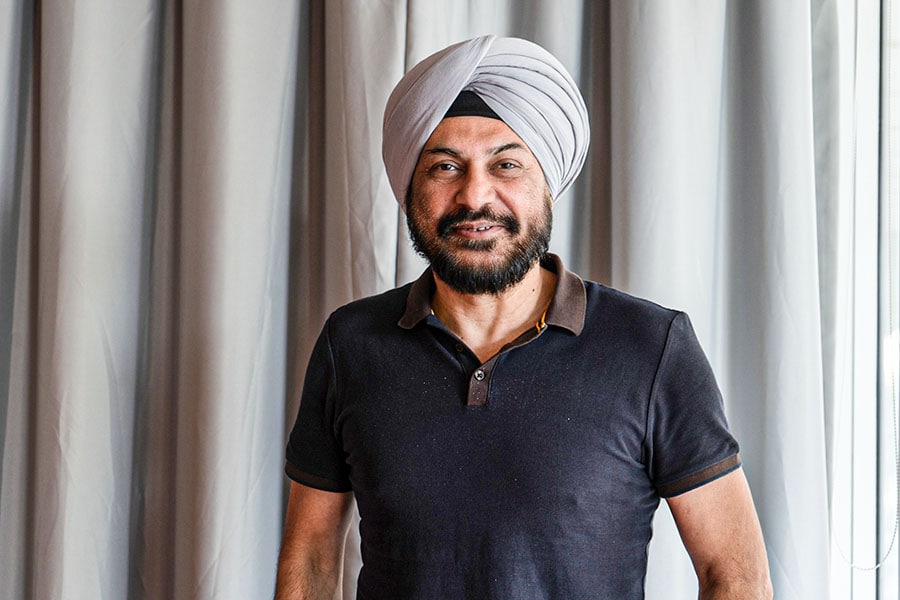
We want I-pop to become a global phenomenon: Spotify India MD
Amarjit Singh Batra talks about Spotify's growth plans, its five years in India, and the immense popularity of Arijit Singh
 Amarjit Singh Batra, general manager, SAMEA (South Asia, Middle East, Africa) and managing director, Spotify India. Image: Neha Mithbawkar for Forbes India
Amarjit Singh Batra, general manager, SAMEA (South Asia, Middle East, Africa) and managing director, Spotify India. Image: Neha Mithbawkar for Forbes India
It has been five years since streaming platform Spotify first launched in India—the global streaming giant’s 79th market in the world. “It has been nothing short of a dream for us,” says Amarjit Singh Batra, general manager, SAMEA (South Asia, Middle East, Africa) and managing director, Spotify India. Since the launch, the brand has focused on growing India’s audio creator community, localising for users, and educating the audience to start paying for music streaming. “To be able to do well in a market with so much diversity and unique depth, we’re very excited about what has been achieved. We are equally excited about where we are going now,” adds Batra.
Over the last five years, Spotify has also deeply invested in educating the artist community on how to make the most of Spotify For Artists, a platform that empowers artists and their management to analyse how their music is being consumed. Today, 28,000+ artists from India use Spotify For Artists, up 2x from last year. There has also been a massive shift when it comes to podcasts as a concept, and close to 2,00,000+ podcasts were created using Spotify For Podcasters, in 2023. Since its launch, 400+ brands have advertised on the platform. Says Batra, “Five years is a milestone, but we have a long journey ahead of us.” Forbes India spoke to Batra about Spotify’s growth story in India over the last five years. Edited excerpts:
On how the platform has grown in India
I think we have fundamentally shifted, or at least improved the behaviour of streaming music in this country. Via Spotify playlists, we introduced them to global and local music, all at the same time, in addition to a wide range of podcasts. The first few years were spent in establishing Spotify as a brand in the country. Now that Spotify is a household brand name in India, we want to continue building on this. The industry looks up to us to take the lead on certain aspects such as payments or enabling artist growth. I also feel that there is no other audio streaming platform that focusses as much on music and growing the artist community, like we do.
Also read: Spotify bets on audiobooks








